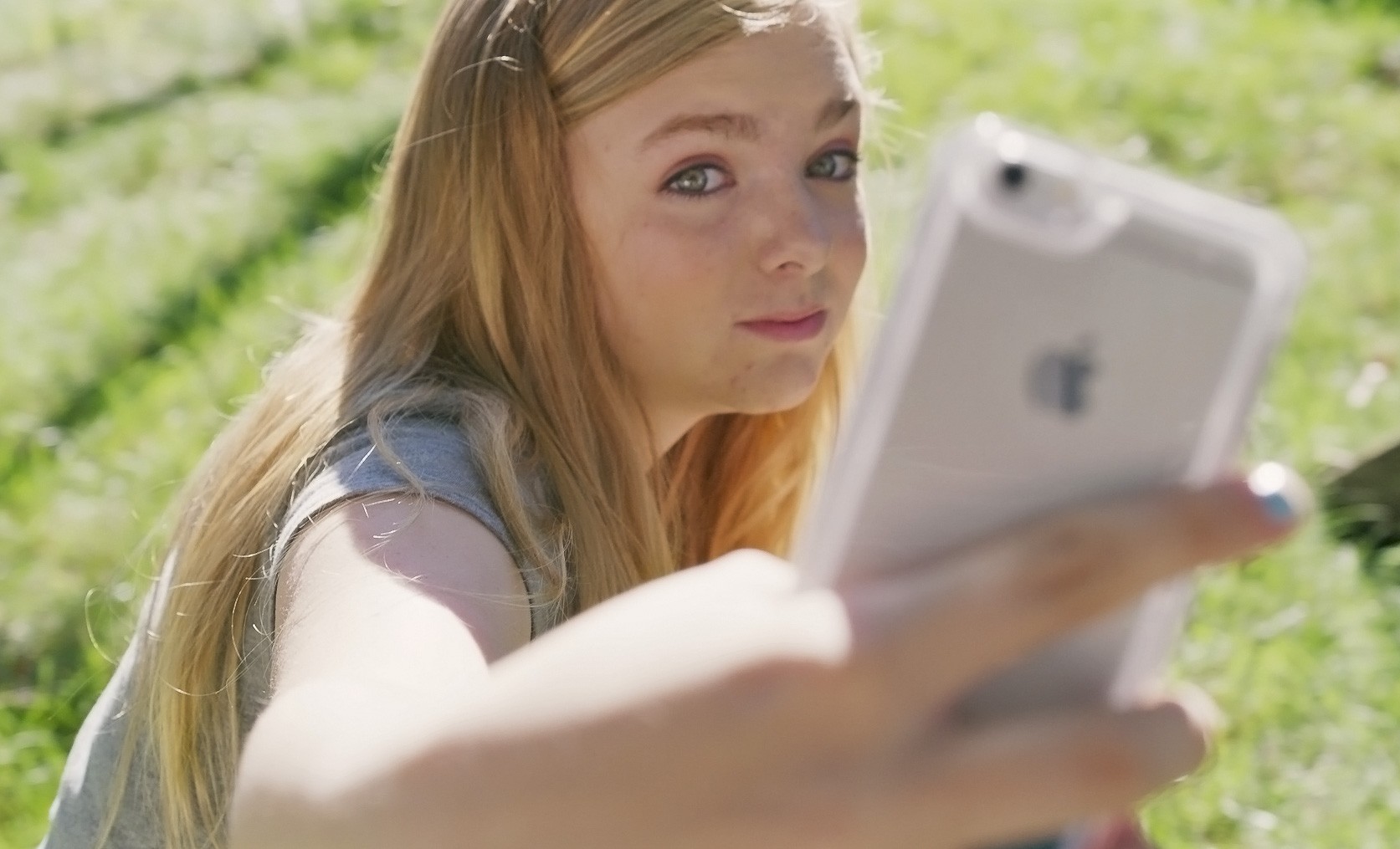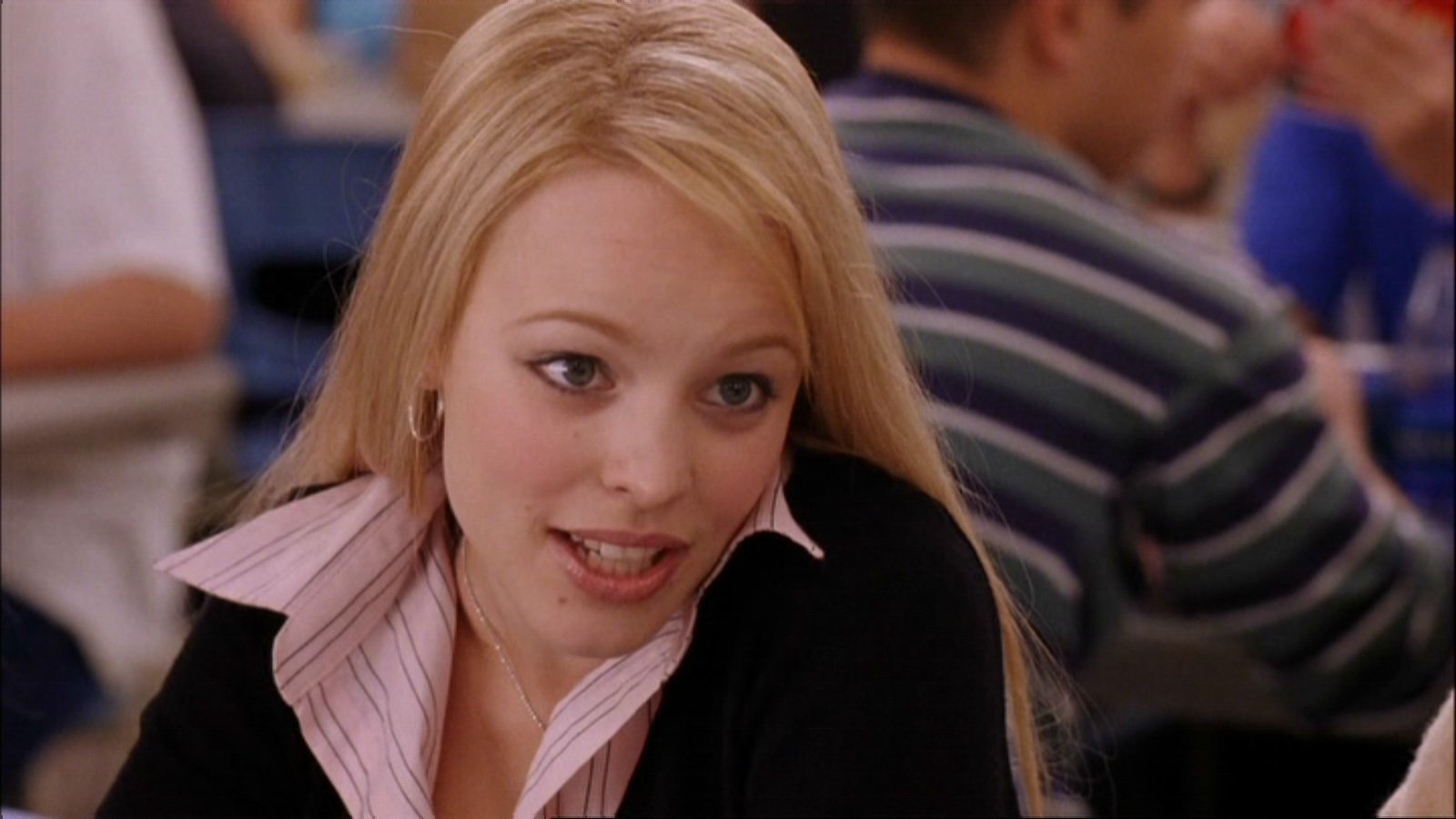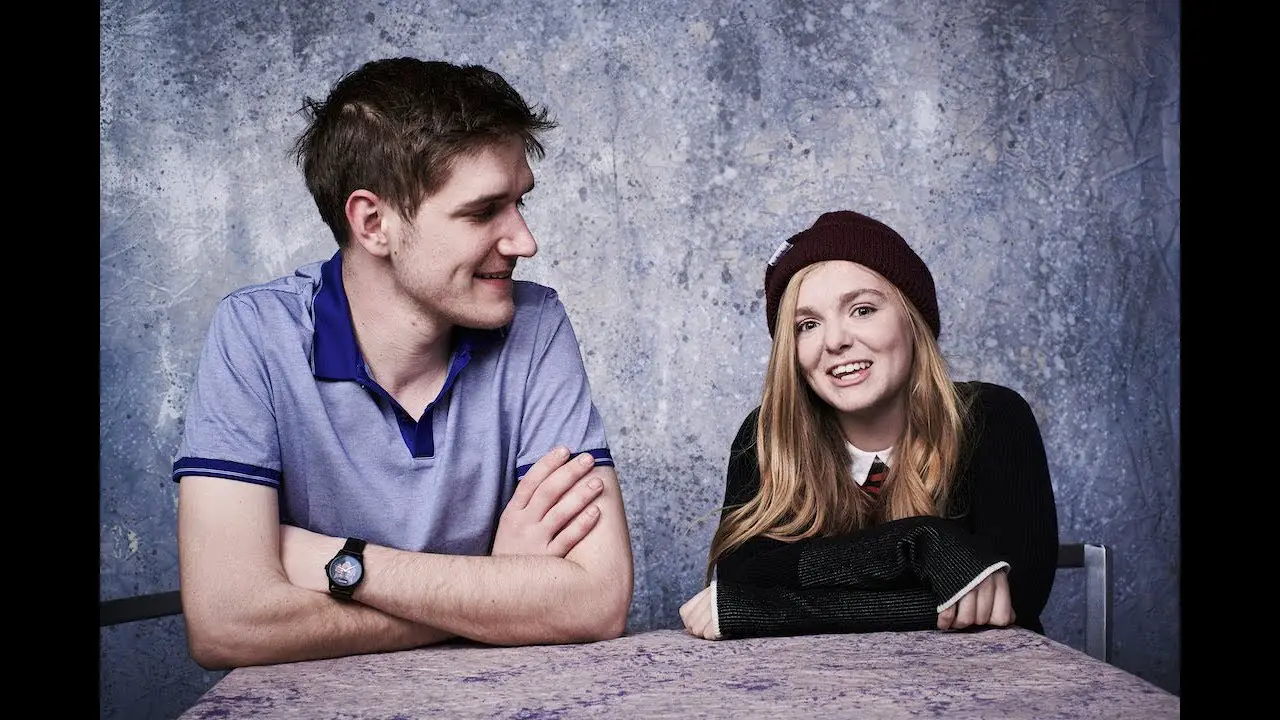When the credits rolled at the end of “Eighth Grade,” there was no singular lesson imparted to me by writer and director Bo Burnham — and I don’t think he wanted there to be. He wanted to honor the real experiences of young teenagers and dignify their feelings while the rest of the world ignores them.
The film follows 13-year-old Kayla Day, played by the charmingly awkward Elsie Fisher, as she navigates a huge transitional period of her life in the age of social media. Although there was no overarching message, here are the things I learned from watching “Eighth Grade.”
1. Middle school completely sucks
I am a firm believer that young people don’t get enough credit, so I was beyond excited when I first saw the trailer for this film. Sure, 13- going on 14-year-olds don’t have to worry about job interviews, college essays, taxes and the plethora of responsibilities that come with being an adult. But middle school aged kids face topics like sex, relationships, embarrassment and loneliness for the first time in their lives, while simultaneously being a hot, hormonal mess.
While Kayla confronted older boys, mean girls and her sensitive father in “Eighth Grade,” I got so unexpectedly emotional that I felt like the one going through puberty. Scoffing at teenagers for acting a bit dramatic is ridiculous when you consider the lack of experience they’ve had to help them cope with new situations.
2. Parents can learn a lot from their children
On one hand, parents have a lot of life experience and need to be there to teach their children. On the other, with each new generation comes a vastly different context for growing up. My parents didn’t have cell phones in middle school.
When I was in middle school, I lost my flip phone behind my bed for months and genuinely didn’t care. Today’s middle schoolers have a surplus of social media accounts to keep up with on their smartphones, and that doesn’t make them spoiled — it just makes their adolescence different.
Not to mention young kids can impressively hide the hardships they go through. Assuming kids are fine is easy when it’s what every parent wants to be true. While Kayla’s dad was never oblivious to the fact that his daughter acted anything but calm throughout the film, it took listening rather than forced conversation before he could understand the hurt Kayla felt. For parents to grasp what their kids deal with, their kids must be the ones teaching.
3. YouTube is shaping our youth
Throughout “Eighth Grade,” YouTube plays a key role in the plot line. Kayla watches a makeup tutorial while getting ready for school, looks up an oral sex tutorial after lying to a boy about her sexual experience and posts her own vlog-style videos in which she offers mildly cringey advice on being confident. Her videos are initially ironic, considering she won “Most Quiet” at her eighth grade awards ceremony.

While Kayla’s presence on YouTube might just reflect Burnham’s appreciation for the platform in starting his own career in comedy, not including YouTube would have been a disservice to the film. In a study published by The Sun, nearly 75 percent of children want to be YouTubers for a living. The platform’s popularity among kids should be watched, especially with the massive popularity of problematic content creators like Jake and Logan Paul.
4. Sex education is lacking
Kayla google searching how to give a blowjob is easily one of the most awkward scenes in “Eighth Grade,” but it points out the reality of 13-year-olds wanting to know more about sex. Generally speaking, I think it’s great that teenagers can seek out information about sex online rather than feeling unprepared. Some details aren’t meant to be explained by a teacher or parent.
When it comes to more complicated topics such as nude photos, peer pressure and consent, however, real dialogue needs to be had between parents and children — and earlier on than you’d think.
5. MPAA movie ratings are pointless
The Motion Picture Association of America gave “Eighth Grade” an R rating for language and some sexual material. The movie uses the expletive “fuck” five times and sexual situations are briefly discussed, but never acted out.
While the film would be extra cringe-worthy for a 13-year-old to watch with their parents, it doesn’t present middle schoolers with any information they don’t already encounter. Beyond that, the film encourages healthy dialogue about sensitive topics. Meanwhile, violent movies like “The Dark Knight” and “Suicide Squad” and more sexually charged movies like “Mean Girls” and “Anchorman” all have PG-13 ratings.
Entertainment company A24 and Bo Burnham didn’t attempt to push back on the MPAA’s rating because they wanted to stay true to their story. The reality is, 13-year-olds say fuck a lot. Fortunately, the R rating encourages parents to go with their kids to see the film — although Elsie Fisher recommended in an interview that they should sit on opposite ends of the theater. On August 8th, Burnham set up “no ratings enforced” free screenings of the movie in every state to encourage people under 17 to see the film that was created for them.
6. Casting realistically aged actors makes for an authentic film
Elsie Fisher acted on set for “Eighth Grade” during the summer after she graduated middle school and before she began high school. Along with Fisher, all of the actors on set appeared to be the actual age of their characters.
In popular shows such as “13 Reasons Why,” “Pretty Little Liars” and “Freaks and Geeks,” lead roles are given to actors far too old to be hanging around a high school. For reference, Rachel McAdams was 25 while playing Regina George in “Mean Girls.”

The young cast members in “Eighth Grade” appeared refreshingly normal on screen with acne, braces and a range of body shapes. Bo Burnham successfully presented characters who many middle schoolers could be proud to physically identify with.
7. Change is hard, but good
One of the more uplifting scenes in “Eighth Grade” is the final video Kayla makes for her future self. By this point, Kayla has learned to give herself a break and accept that in four years, after graduating high school, she might be totally different or totally the same, and both would be okay.
She recognizes that doing things for the first time is scary, but ultimately changing is what makes life fun. It takes a lot of painfully awkward circumstances before you can grow, but thank god you don’t stay 13 forever.
8. Movies don’t always need takeaways
I’m a sucker for clean endings, but I felt thankful that Kayla’s story after her middle school graduation is left completely open-ended. The audience gets to see Kayla stand up for herself in the final scenes of the movie, but never an apology from the mean girls or repercussions for the older boy who tried taking advantage of her.
In real life, you often don’t see those small justices. In real life, you also don’t know what’s coming next. Seeing growth within Kayla is enough, because that’s about as much as anyone can do for themselves at her age.
Obviously, I took a lot away from watching “Eighth Grade,” but none of these lessons were shoved down my throat. The beauty of a movie that’s only intends to capture the essence of eighth grade is that you can take from it whatever lessons you might need, and I think eighth graders need a little more than they let on.

















